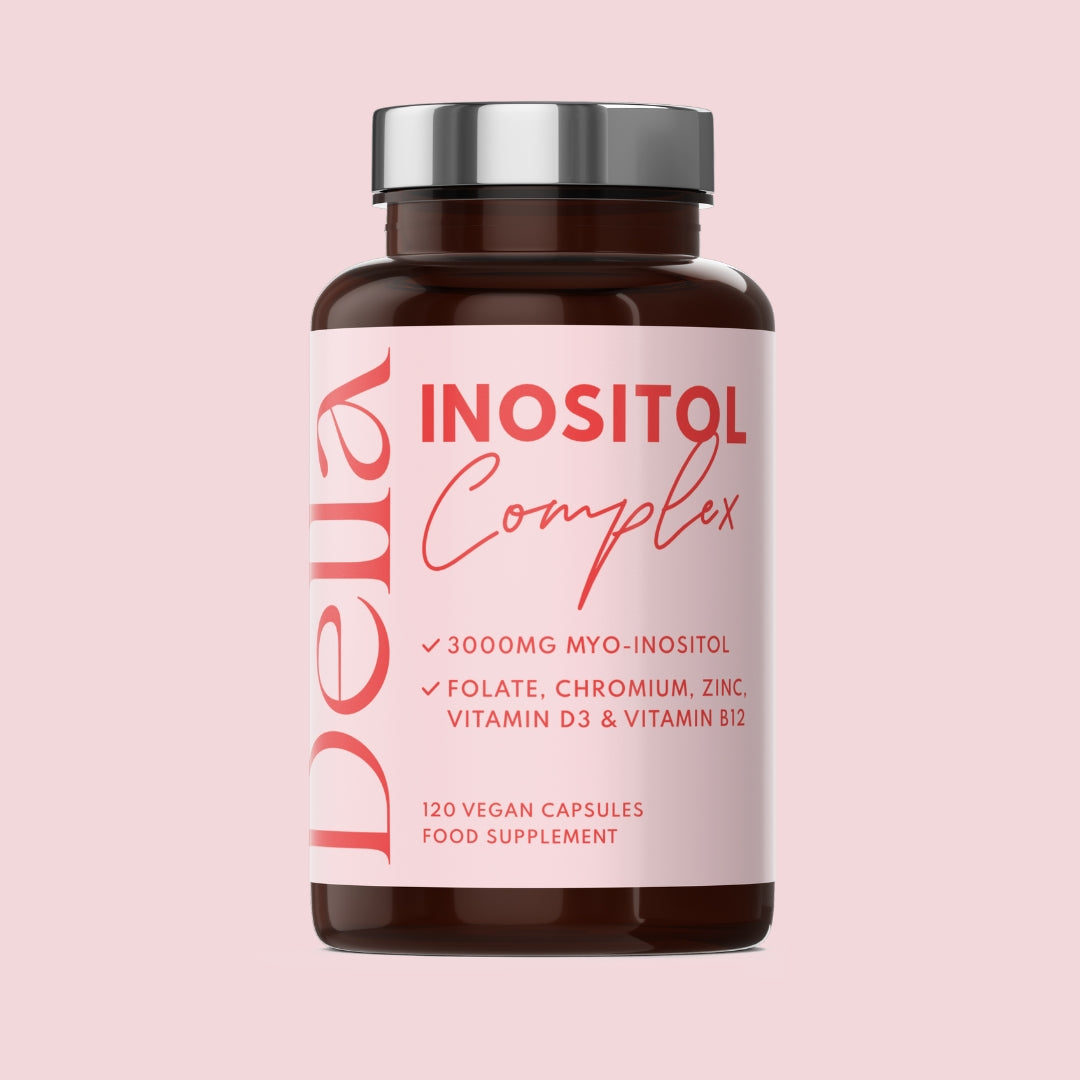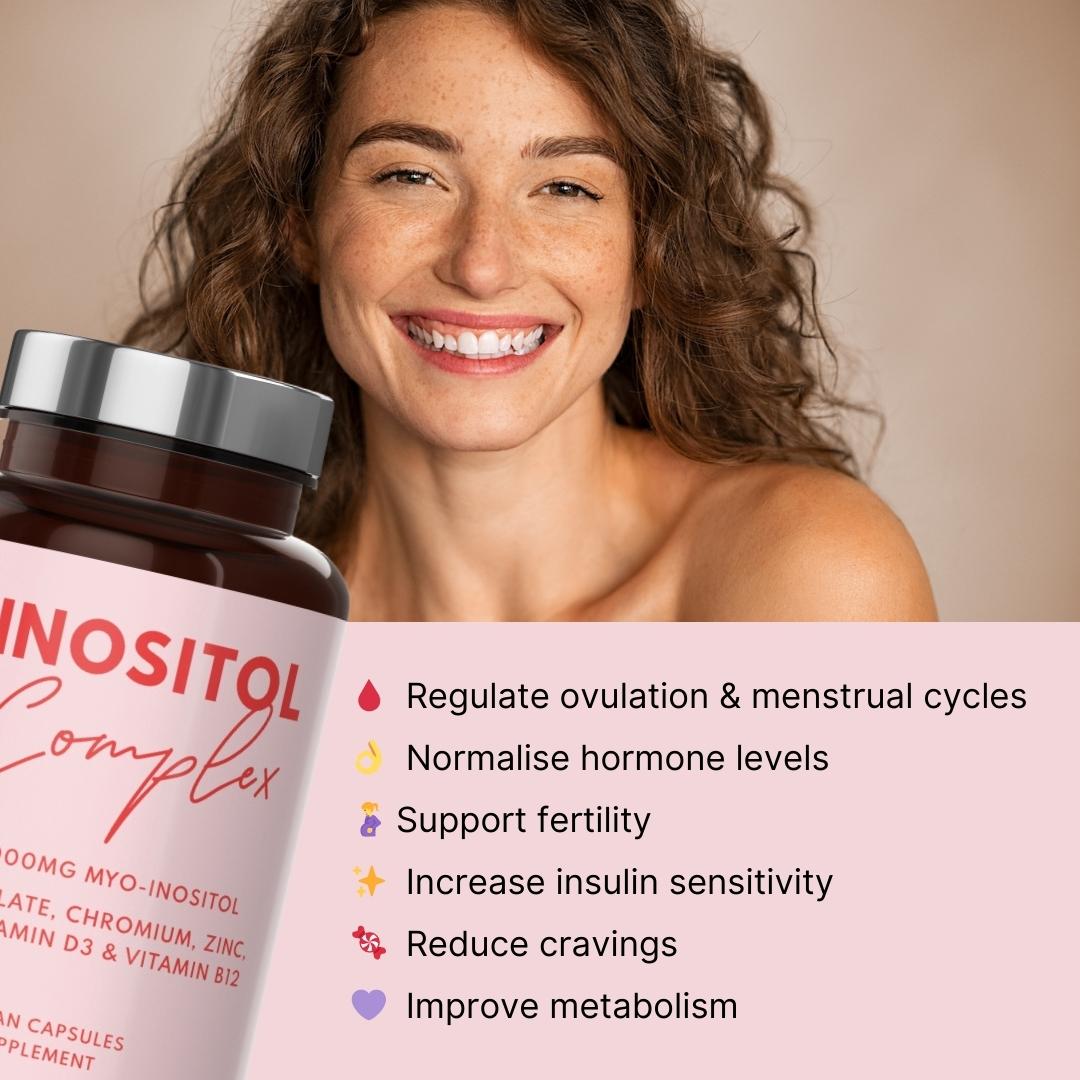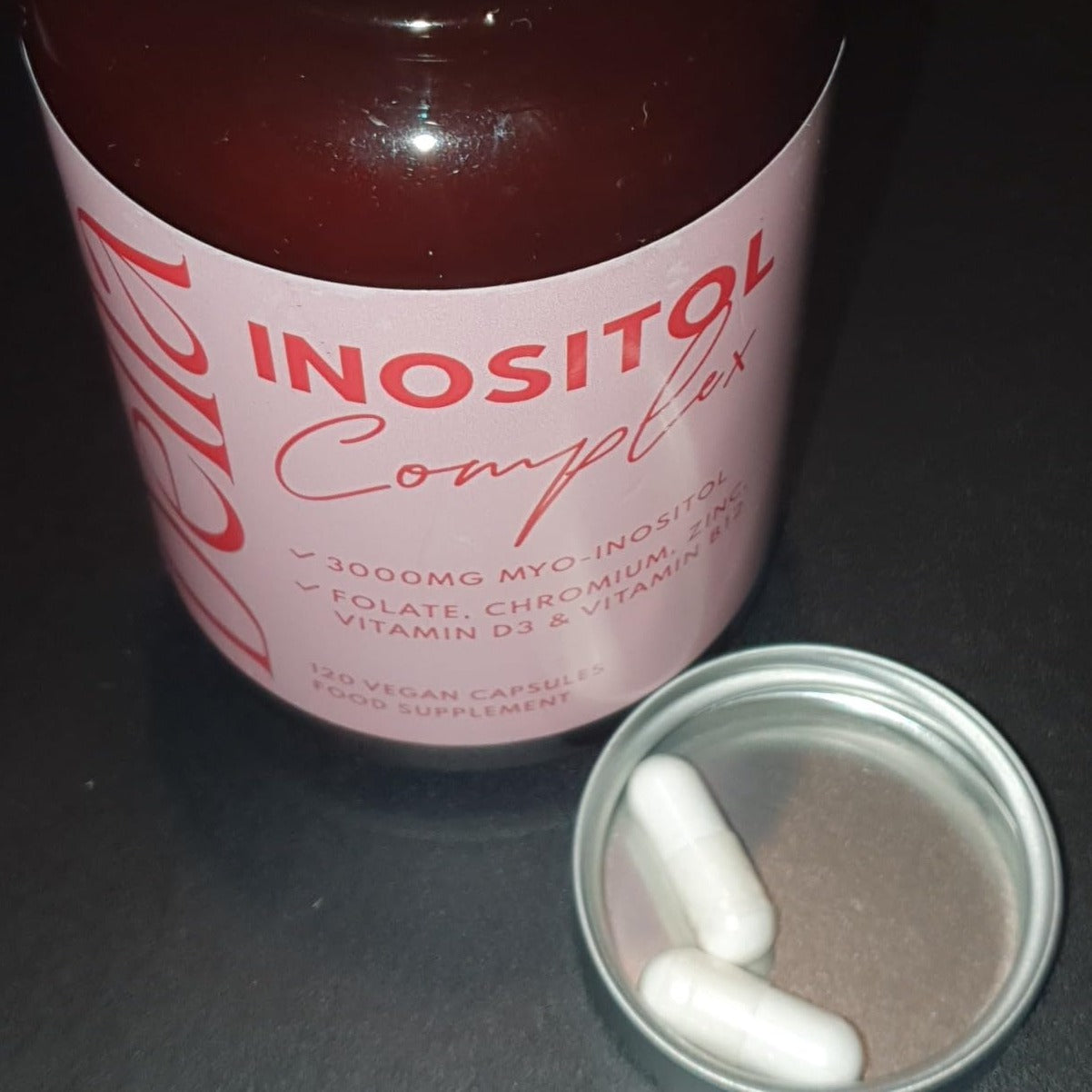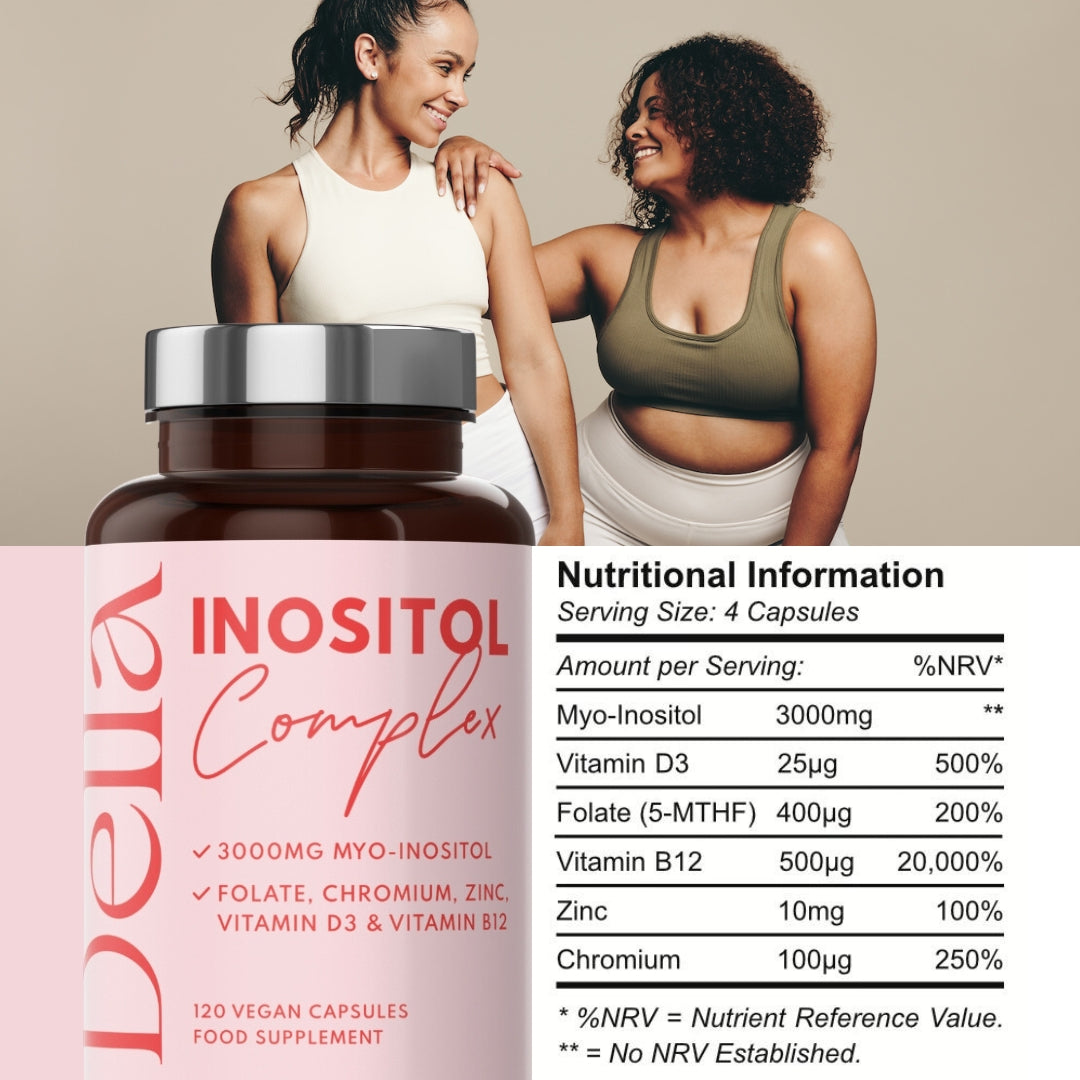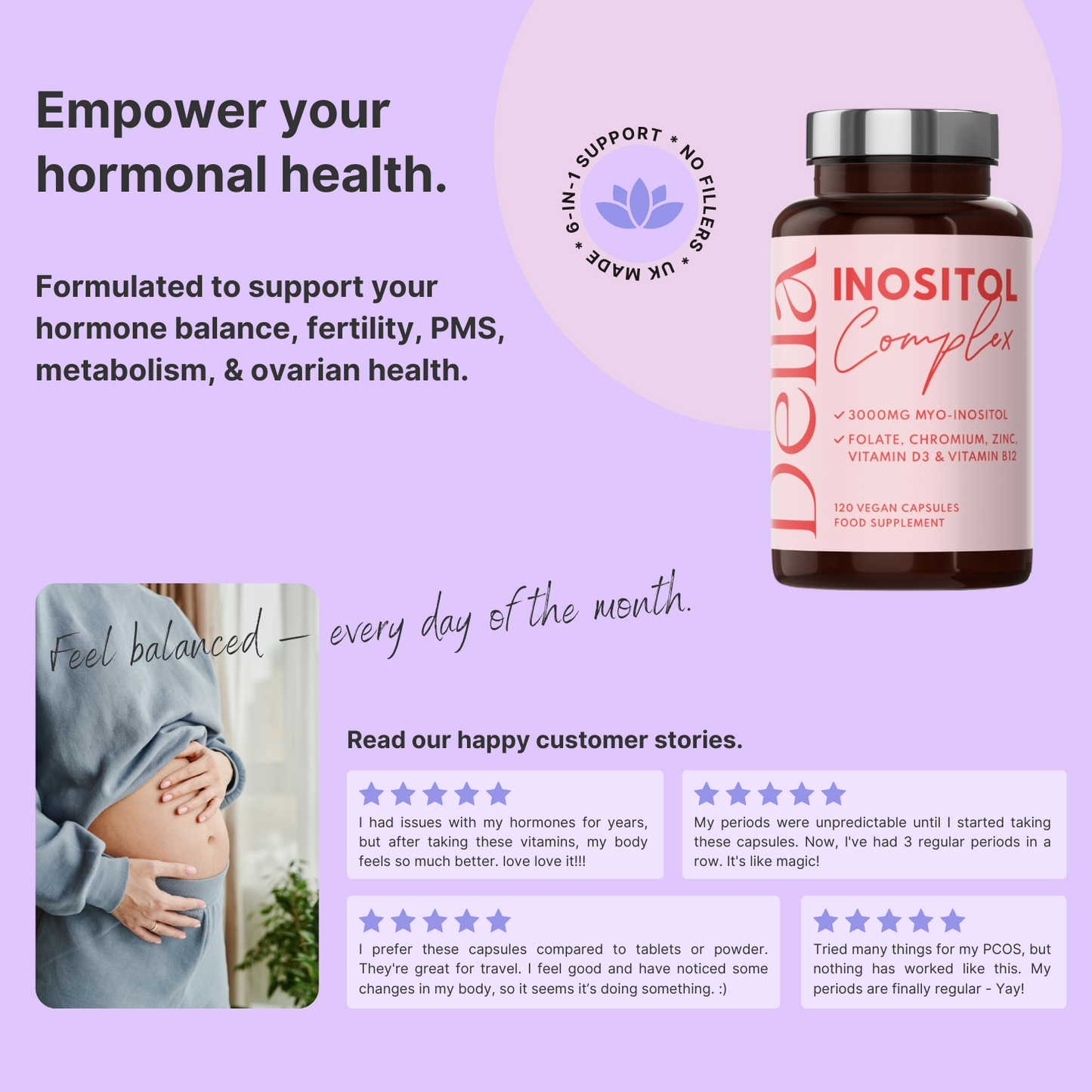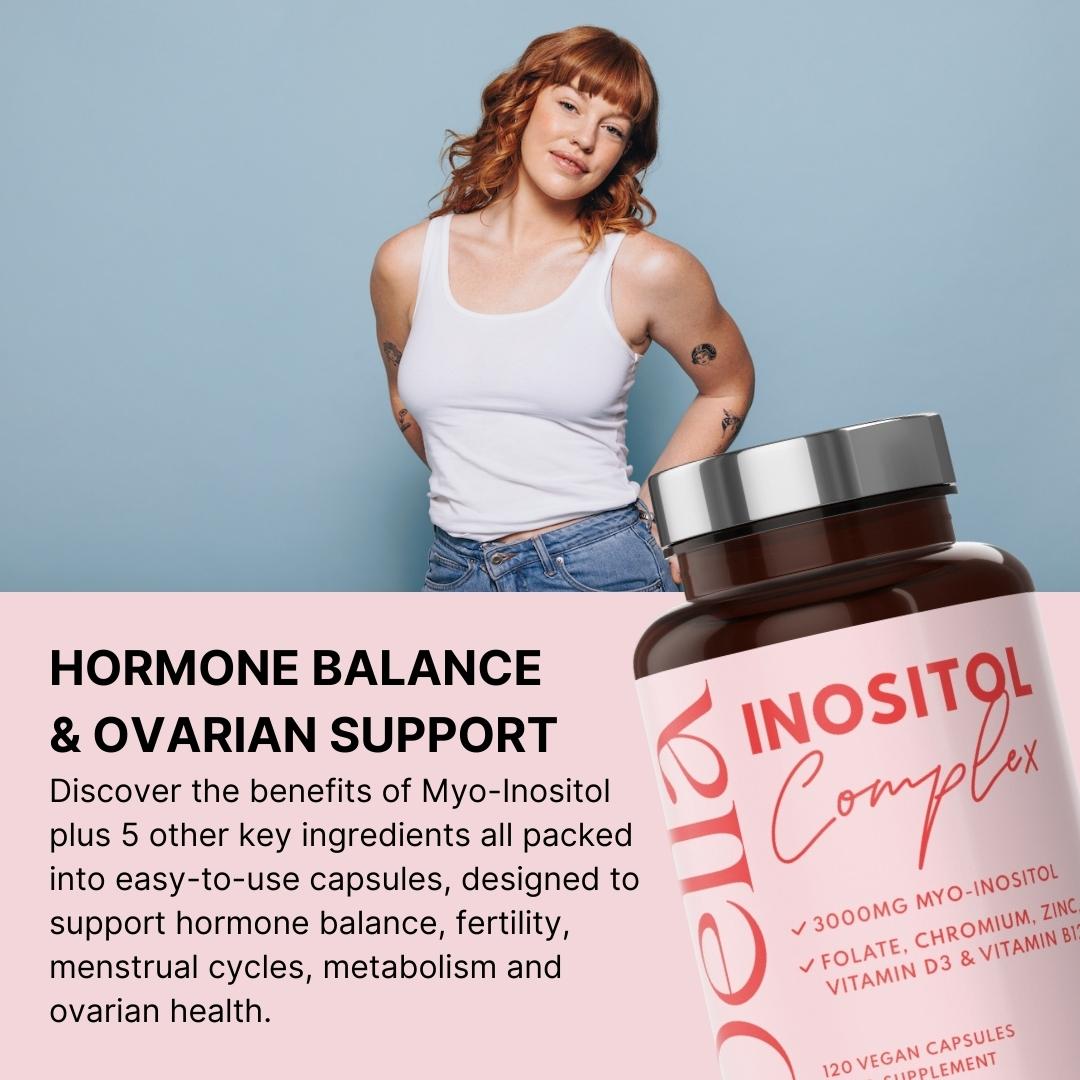PCOS, or Polycystic Ovary Syndrome, is often associated with well-known symptoms such as ovarian cysts, irregular periods, weight gain, acne, and excess body hair. However, there are several lesser-known symptoms that could indicate the presence of PCOS, and you may not even realise it.
By recognising and addressing the symptoms of PCOS, you can take control of your health and reduce the potential risks associated with this condition. Don't underestimate the importance of understanding and managing PCOS, even if the symptoms may seem minor or go unnoticed.

6 Lesser Known PCOS Symptoms
Seborrheic Dermatitis
A common skin condition, seborrheic dermatitis, can cause an itchy rash with flaky scales. It affects the oil areas of the skin such as the areas around the nose, between eyebrows and behind the ears. It can also lead to oily scalp and dandruff.
Skin Pigmentation
Caused by insulin resistance, PCOS can lead to darkening and thickening of skin, also known as acanthosis nigricans. This condition is characterised by dark velvety skin in the neck, armpits, elbows or groin area. These dark patches of skin can sometimes also be found on knees, knuckles, soles of feet and palms, and may also itch.
Joint Pain or Body Aches
Chronic inflammation, a hallmark of PCOS, can cause joint pain and body aches. Many women dismiss these symptoms as normal, but persistent pain without any underlying injury or illness is not typical and should not be ignored.
Brain Fog
PCOS can lead to brain fog and difficulty concentrating. Imbalanced hormones, insulin resistance, high blood sugar levels, and chronic inflammation can all contribute to this symptom. If you find it challenging to focus, experience muddled thoughts, and struggle with simple tasks, PCOS could be the underlying cause.
Skin tags
Also known as Acrochordons, skin tags form in skin folds, especially around armpits, neck, and groin. You’ll notice flaps of extra skin with a small stalk.
Stretch Marks
Stretch marks can occur even if you're not pregnant. Sudden fat storage beneath the skin can cause them, often appearing on the abdomen, buttocks, thighs, and arms. If you notice unexplained stretch marks, they could be another symptom of PCOS.
Perhaps like me, you have a few of the symptoms above but never realised that they were connected to PCOS? By familiarising yourself with these lesser-known symptoms of PCOS, you can better recognise potential indicators of the condition and find a better approach to dealing with them, or just an answer to why it’s happening.
Seek medical advice if you suspect you may have PCOS, as early detection and intervention can make a significant difference in your overall well-being and future health outcomes.
FAQs about Lesser Known Symptoms of PCOS
What is seborrheic dermatitis, and how is it related to PCOS?
Seborrheic dermatitis is a common skin condition that causes an itchy rash with flaky scales, particularly in the oily areas of the skin. It is one of the lesser-known symptoms of PCOS and can affect areas such as the nose, eyebrows, and ears.
What is skin pigmentation, and how does it relate to PCOS?
Skin pigmentation, also known as acanthosis nigricans, is a condition characterised by darkening and thickening of the skin. It is caused by insulin resistance associated with PCOS and commonly affects areas like the neck, armpits, elbows, and groin. These dark patches of skin can also appear on knees, knuckles, feet, and palms.
Can joint pain or body aches be a symptom of PCOS?
Yes, chronic inflammation, which is a hallmark of PCOS, can lead to joint pain and body aches. It's important not to dismiss these symptoms as normal, especially if they persist without any underlying injury or illness.
How does PCOS contribute to brain fog and difficulty concentrating?
PCOS can disrupt hormonal balance, lead to insulin resistance, increase blood sugar levels, and cause chronic inflammation, all of which can contribute to brain fog and difficulty concentrating. If you experience trouble focusing, muddled thoughts, or struggle with simple tasks, PCOS could be the underlying cause.
What are skin tags, and how are they associated with PCOS?
Skin tags, also known as acrochordons, are flaps of extra skin that form in skinfolds, typically around armpits, neck, and groin. They can be another symptom of PCOS and may indicate underlying hormonal imbalances.
Can stretch marks be a sign of PCOS, even if you're not pregnant?
Yes, sudden fat storage beneath the skin can cause stretch marks, even in individuals who are not pregnant. If you notice unexplained stretch marks on your abdomen, buttocks, thighs, or arms, they could be another symptom of PCOS.
Should I be concerned if I have some of these symptoms but never realised they were connected to PCOS?
Yes, it's important to familiarise yourself with these lesser-known symptoms of PCOS. If you have some of these symptoms and suspect they could be related to PCOS, seeking medical advice is recommended for early detection and intervention, which can significantly impact your overall well-being and future health outcomes.
How can recognising these lesser-known symptoms of PCOS help in dealing with them?
By recognising these symptoms as potential indicators of PCOS, you can take proactive steps to address them and manage the condition effectively. Understanding the connection between these symptoms and PCOS allows you to seek appropriate medical care and develop a better approach to dealing with them.
Why is early detection and intervention crucial for PCOS?
Early detection and intervention for PCOS can make a significant difference in your overall well-being and future health outcomes. It allows for timely management of symptoms, prevention of complications, and the implementation of appropriate treatment plans.
What should I do if I suspect I may have PCOS?
If you suspect you may have PCOS based on the symptoms mentioned or other concerns, it is advisable to seek medical advice. A healthcare professional can evaluate your symptoms, conduct necessary tests or examinations, and provide a proper diagnosis and treatment plan tailored to your specific needs.



